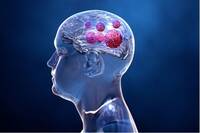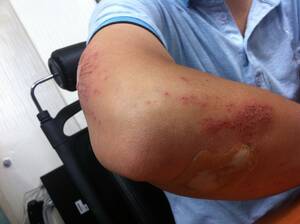Accidents & Violence, Legal-Malpractice / 14.11.2024
Why Medical Experts are Key to Winning Personal Injury Cases
In personal injury cases, the insights and testimony of medical experts can make a pivotal difference. Their specialized knowledge clarifies the extent of injuries, linking them directly to the incident in question. By detailing the impact on a victim’s life and future, these professionals provide a credible, science-backed perspective.
In this article, we will discuss essential evidence that helps juries and judges understand complex medical issues, strengthening a case for fair compensation.




